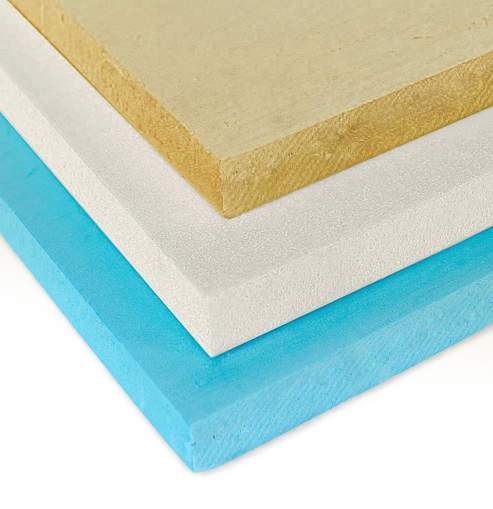
Protecting Against Corrosion with VCI Foam: Science, Applications, and Best Practices

Corrosion is a major problem for many industries, particularly those that deal with metal parts and components. Not only can corrosion compromise the integrity of these parts, but it can also be costly to repair or replace them. Fortunately, there are effective solutions for preventing corrosion, including VCI foam.
In this post, we’ll explore the science behind VCI foam, its applications in the metalworking and automotive industries, the advantages it offers over traditional corrosion prevention methods, and tips for proper handling, storage, and installation.
Understanding the Science of VCI Foam: How it Works to Prevent Corrosion
VCI foam is made from a special type of plastic that contains volatile corrosion inhibitors (VCIs). These inhibitors vaporize and form a protective layer on the metal surface, preventing moisture and other corrosive elements from coming into contact with the metal. This layer is self-replenishing, so it continues to protect the metal over time.
The science behind VCI foam is based on the principles of electrochemistry. Corrosion occurs when metal comes into contact with an electrolyte (e.g., water), which causes the metal to corrode. By forming a protective layer on the metal surface, VCI foam interrupts this electrochemical process and prevents corrosion from occurring.
Applications of VCI Foam in the Metalworking and Automotive Industries
VCI foam is used in a variety of industries, including metalworking and automotive. In the metalworking industry, VCI foam is often used to protect metal parts and components during storage and transportation. This is particularly important for parts that are made in one location and shipped to another, as they may be exposed to different climates and environments during transit.
In the automotive industry, VCI foam is used to protect sensitive electronic components and wiring harnesses during storage and assembly. These components are often exposed to moisture and other corrosive elements, which can compromise their functionality and longevity.
Advantages of Using VCI Foam over Traditional Corrosion Prevention Methods
VCI foam offers several advantages over traditional corrosion prevention methods, such as oil coatings and desiccants. First, VCI foam is easy to use and does not require any special training or equipment. Second, it is a clean and dry solution that does not leave any residue on the metal surface. Third, it offers long-term protection that does not require reapplication. Finally, it is an eco-friendly solution that does not contain any hazardous materials.
VCI foam offers several advantages over traditional corrosion prevention methods, such as oil coatings and desiccants. First, VCI foam is easy to use and does not require any special training or equipment. Second, it is a clean and dry solution that does not leave any residue on the metal surface. Third, it offers long-term protection that does not require reapplication. Finally, it is an eco-friendly solution that does not contain any hazardous materials.
Tips for Proper Handling, Storage, and Installation of VCI Foam for Optimal Corrosion Protection
To ensure optimal corrosion protection, it’s important to handle, store, and install VCI foam properly. Here are some tips to keep in mind:
- Store VCI foam in a cool, dry place away from direct sunlight.
- Handle VCI foam with clean, dry hands or gloves to avoid contamination.
- When installing VCI foam, make sure the foam is in contact with the metal surface and there are no gaps or air pockets.
- Use the appropriate thickness and density of VCI foam for the metal part or component being protected.
- Inspect the VCI foam periodically to ensure it is still in good condition and providing adequate protection.
Conclusion
VCI foam is a highly effective solution for preventing corrosion in metal parts and components. By understanding the science behind VCI foam, its applications in various industries, its advantages over traditional corrosion prevention methods, and best practices for handling, storage, and installation, you can ensure that your metal parts and components are protected from corrosion for the long term. Read Also